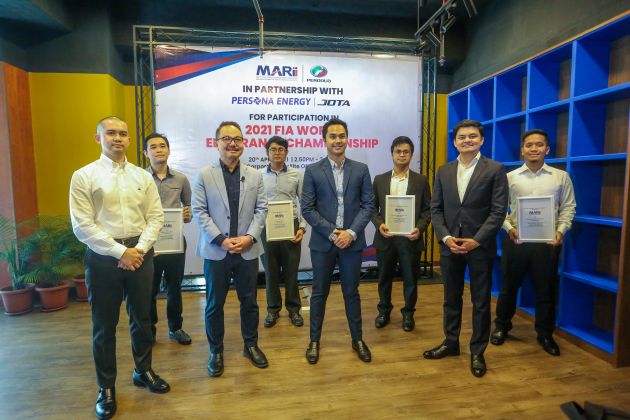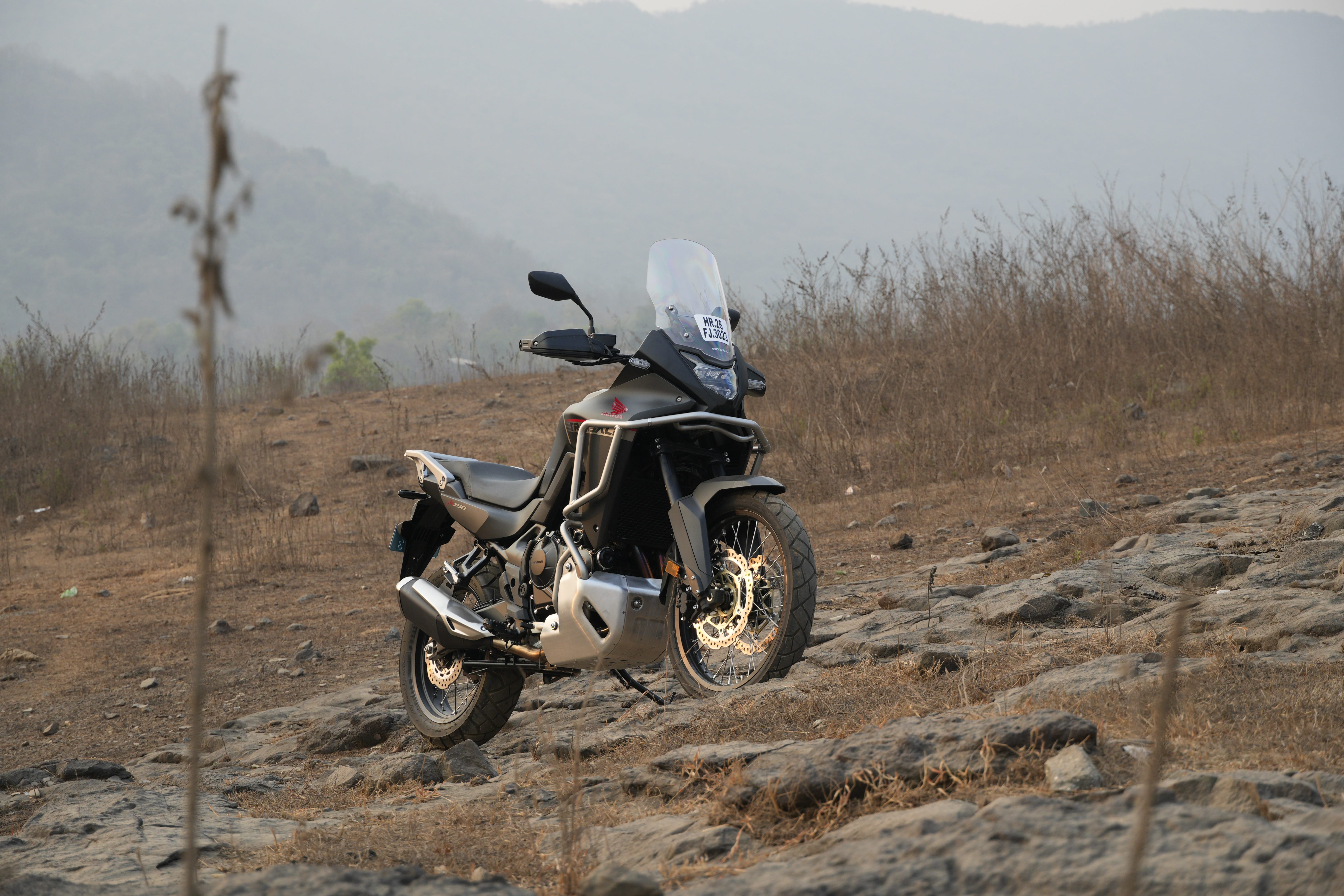Perodua, MARii to send apprentices to WEC 2021 in Technology Transfer Apprenticeship Programme
Four apprentice engineers will be participating in the 2021 season of the World Endurance Championship through the Technology Transfer Apprenticeship Programme (TTAP), a collaboration between the Malaysia Automotive, Robotics and IoT Institute (MARii), Perodua and Persona Energy, a management consultancy firm for motorsports development and renewable energy.
The four engineers, Anderson Kent Robert, Luqman Othman, Muhammad Amzar Danish Chairil and Muhammad Taufiq Mohd Zin will be placed with Jota Sport who will be contesting the LMP2 category, and they will join the race team at five races this season: Portimao in Portugal, Monza in Italy, Le Mans in France for the eponymous 24-hour race, Fuji in Japan and finally in Bahrain for the end-of-season eight-hour race.
Persona Energy was co-founded by Malaysian racing driver Jazeman Jaafar, who has won races in various open-wheel categories including the British F3 International Series, British F3 Euro Series and the Formula Renault 3.5 series. Jazeman will also join Jota Sport in its 2021 WEC campaign as reserve and development driver, as well as lead mentor to the four TTAP apprentice engineers.
“Through this collaboration, we will see new dimensions from the technology utilised through this venture in the World Endurance Championship that can be applied in line with critical component development as stated in the National Automotive Policy 2020,” said MARii CEO Datuk Madani Sahari.
In addition to the calendar of five WEC races that the Malaysian apprentice engineers will be attending this season, the quartet will also undergo training at Jota Sport headquarters in the United Kingdom, said Madani.
The participation of the Malaysian apprentice engineers is part of MARii’s role in continuing the implementation of the National Automotive Policy 2020 (NAP 2020), Madani added, which includes the areas of automated and autonomous connected vehicles (AACV).
Endurance racing provides the widest range of scenarios that can take place, thus offering the widest variety of raw data to draw from, said Jazeman, even if autonomous systems and functions will not be explored in the apprentices’ interactions with the racing environment as motor racing requires race car drivers to be in control of their cars at all times on the circuit.
The desired technology transfer from motorsport to OEMs – such as Perodua – needs to begin by acquiring and interpreting as much data from racing as possible, and then determining which data sets can be applicable to road use, Jazeman said, adding that simulations tend to be from two scenarios; predictable and non-predictable situations.
Examples of predictable situations include pace according to tyre wear, as well as encounters with faster or slower traffic from different race car classes. Non-predictable situations could include yellow flags, safety car periods or incidents that cause the race to be stopped.
Data from these scenarios on the race track could then be compared against on-road scenarios such as changes in speed due to traffic flow and road incidents – parameters which can be used for communication and interpretation of data in V2i (vehicle-to-infrastructure) or V2V (vehicle-to-vehicle) systems.
Would eventful, incident-filled race weekends be the most beneficial for the purposes of data acquisition? Jazeman laughs in cautious agreement, concurring that a wide range of situations, with changes in pace and circuit conditions in endurance races offering the best potential to have a large pool of raw data to draw from.
The post Perodua, MARii to send apprentices to WEC 2021 in Technology Transfer Apprenticeship Programme appeared first on Paul Tan's Automotive News.
from Paul Tan's Automotive News
Read The Rest:paultan...





Post a Comment